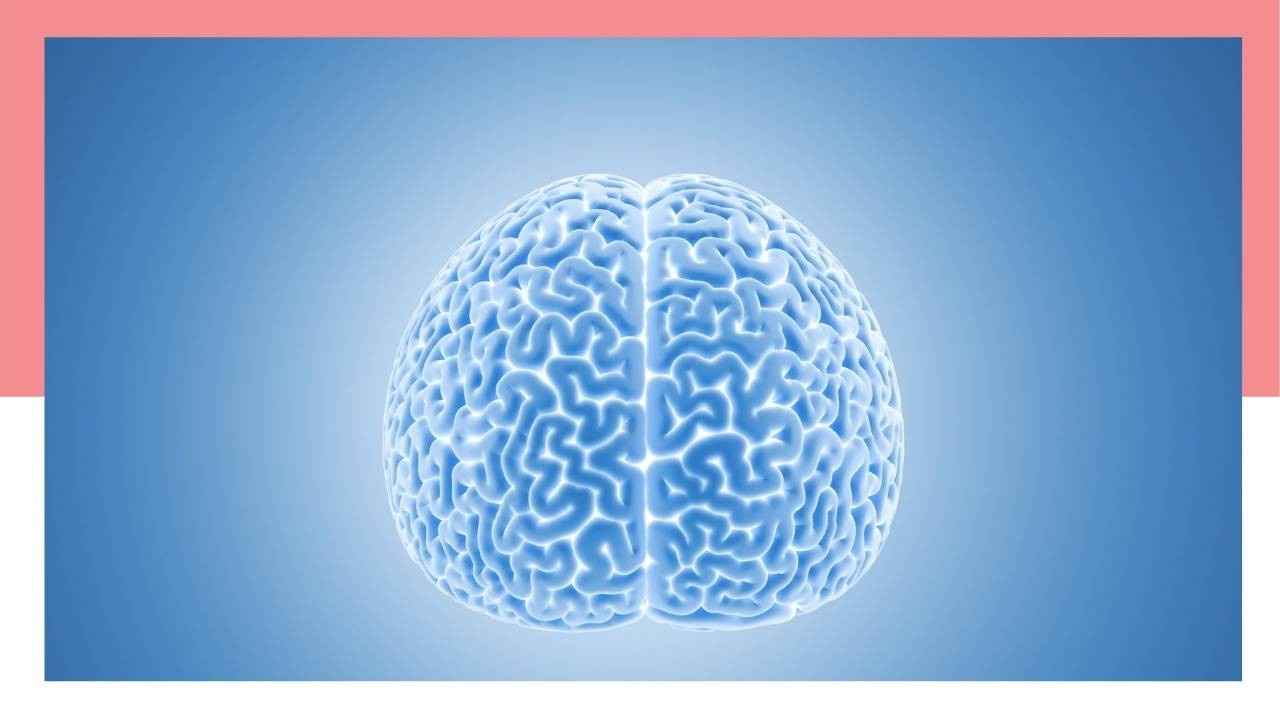The Top 4 Common Reasons for Brain Fog

Do you space-out all the time? Does it feel as if you’re moving in slow motion through the fog and can’t snap out of it? Though it’s not considered a disorder worth a doctor’s visit, brain fog is nevertheless distressing, disorienting, and difficult to cope with. It’s also a red flag that your brain is aging too quickly and that you should take action right away.
Brain fog occurs when your neurons, or brain cells, don’t communicate well with one another. This poor communication causes overall brain function to slow down and diminish, giving you symptoms of brain fog.
The trick is to find out why those neurons aren’t communicating well with one another. There can be a number of reasons, both metabolic (having to do with diet and lifestyle) and neurological, that contribute to brain fog. In a nutshell, neurons need sufficient fuel, oxygen, and stimulation to function and prevent brain fog.
#1 Possible Cause: Blood Sugar is Too Low or Too High
Chronically unstable blood sugar is a common cause of brain fog because neurons don’t receive enough energy to function. As a result, they communicate poorly causing brain fog. The most common reasons for unstable blood sugar include a diet high in processed carbohydrates and sugars, skipping meals, and chronic overeating. Low blood sugar symptoms include nausea or no appetite in the morning, waking up at 3:00 – 4:00 AM, lightheadedness, irritability, low energy between meals, or feeling more energized after meals (there should be no change in energy). High blood sugar symptoms include fatigue after meals, constant hunger, intense craving for sweets after meals, constant thirst, frequent urination, insomnia, and excess abdominal fat. For some people, banishing brain fog is as easy as stabilizing blood sugar through a whole foods diet of ample vegetables along with healthy proteins and fats. You can also moderate your carbohydrate intake to avoid low or high blood sugar.
#2 Possible Cause: An Unhealthy Gut
There is a strong connection between the gut and the brain. Because of this, poor gut health has a profound influence on your brain health. Symptoms can include not only brain fog, but also depression, anxiety, irritability, and worsened memory and learning. Some people notice their brain fog kicks in after they eat foods that trigger an immune reaction, such as gluten or dairy. Bloating, gas, constipation, or diarrhea can also play a role in brain fog. Additionally, when the lining of the small intestine becomes inflamed and damaged, it allows undigested foods and pathogens to escape into the bloodstream where they trigger inflammation and brain fog. This is known as leaky gut or intestinal permeability.
#3 Possible Cause: Poor Circulation
If your fingers and toes are always freezing and your nose is cold to the touch, poor circulation may play a role in your brain fog. These are signs of poor circulation in the brain as well. Other symptoms of poor circulation include weak nails, chronic fungal nail infections, low brain endurance, and cramping in the hands and feet. Poor circulation deprives the brain of oxygen and nutrients, thus causing brain fog. Factors that contribute to low circulation include anemia, chronic stress, Hashimoto’s hypothyroidism, low blood pressure, smoking, and blood sugar imbalances.
#4 Possible Cause: Functional Neurology Mechanisms
In functional neurology, we look at not only the metabolic factors of the brain but also at how different areas of your brain function. Strategies that dampen or activate different areas as needed can be a useful tool in alleviating brain fog.
A head injury can inhibit function anywhere in the brain. Because all the parts of the brain work together, this can affect overall function causing myriad symptoms, including brain fog.
Unrelated to an injury, degeneration, or dysfunction in one or more areas of the brain can cause poor firing of neurons. Or, perhaps one side of the brain is more dominant than the other. This imbalance can skew brain function and performance, causing a wide range of symptoms that may include brain fog.

